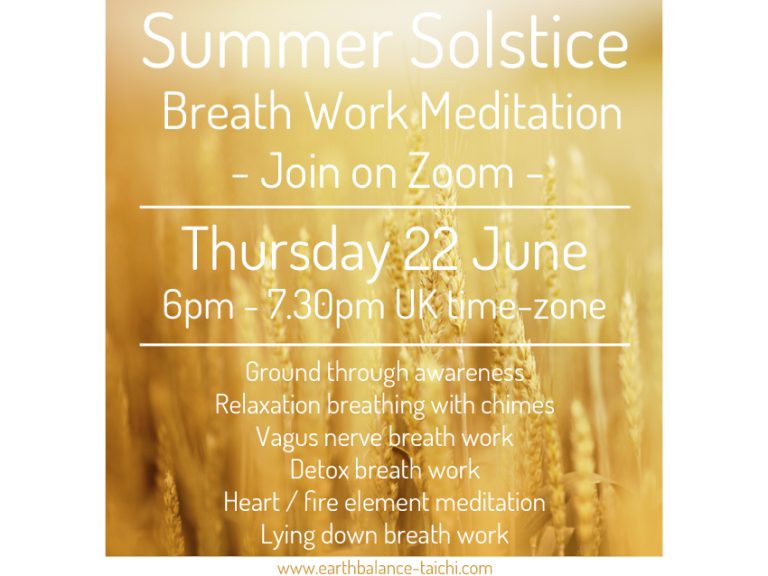Prolonged Sitting is Killing You

Prolonged Sitting is Killing You
Tai Chi and Qigong to improve your posture in daily life
If you have attended my Tai Chi and Qigong classes, you'll know how emphatic I can be regarding frequent healthy movements and postural health in your daily life. By practicing the Classical Chinese arts regularly, the corrections to your posture will help to influence other areas of your life. By learning the skill of body awareness, you will have a greater chance of adapting your posture whilst you drive, sit at a desk, read and book and so on.
By learning how to align the body in a healthier way, if you have to sit for an extended period, at least you can choose a position that gives the body the best chance. By understanding what happens to the internal body when you are sitting for long periods will give you insight into why it is bad for your health. You can then adjust your daily life as necessary to best support your health. Whether that be continuing to sit as you work, mixed in with regular exercise breaks, or an adjustment in the type of chair or desk you use, to a total change in your routine, being informed is a great motivator.
The caveat is that not one single posture is better for you to hold for a period of time. The body is not designed for modern life, to be static and sedentary for many hours a day. We are designed to move. Even when you hold a well aligned posture whilst sitting, the duration and being still is the overriding problem. My recommendation is to constantly change your posture, from sitting, standing, adjusting, changing position to moving. Combine this with a regular movement practice that trains your body towards a more aligned and neutral posture. This is the key to health.
What happens to the body when seated for long periods of time?
Increased health risks due to inactivity:
- Diabetes.
- Poor blood circulation leading to varicose veins, blood clots and deep-vein thrombosis.
- Weight gain and obesity.
- Storage of fat in the body.
- Heart/cardiovascular disease.
- Slower metabolism.
- Metabolic syndrome (combination of diabetes, high blood pressure and obesity).
- Cancer e.g. colon, ovarian, breast.
- Digestive problems through a compressed posture.
- Arthritis.
- Osteoporosis in older people, through prolonged pressure on the joints.
- Lungs cannot expand to full capacity meaning less oxygen for your body to function.
- Chronic fatigue.
- Reduced brain function.
- Premature ageing.
- Premature mortality.
- Increase risk of dementia and Alzheimers.
Increased posture risks from seated static loading:
- Chronic joint pain and stiffness.
- Tight muscles e.g. hamstrings, psoas and lumbar.
- Weak muscles in the legs, hips and lower back.
- Chronic muscular contraction.
- Hip posture causes lower back pressure on the lumbar vertebra.
- Head protrudes forwards causing pressure on the neck and shoulders.
- Nerve pain.
- Reduction in body awareness (proprioception).
- Poor posture in daily life.
Increased mental health risks:
- Anxiety.
- Depression.
- Reduction in happy brain chemicals circulating through the body.
- Increased computer usage attributed to reduction in social connection and mental wellbeing.

How prolonged sitting is killing you
NDr. James Levine is the author of the book "Get Up!: Why Your Chair Is Killing You and What You Can Do About It". The following video cites "Sitting is the new smoking. The list of health issues associated with sitting ranges from obesity, diabetes to depression and certain cancers. James Levine, M.D., Ph.D, professor of medicine at Mayo Clinic and a world-renowned leader in obesity research and co-director of the Mayo Clinic/ASU Obesity Solutions Initiative, is leading an “up-rising” to encourage people to get off their duffs and start moving. In this video Dr. Levine offers the “secrets of the thin” and tells you how moving throughout your day can lead to a healthier life."
As with all medical conditions, injuries and/or ill-health, please consult with your Doctor prior to starting a class. Tai Chi, Qigong and Meditation are not a replacement for conventional medical treatment. This article is for information purposes only and must not be taken as medical advice.











